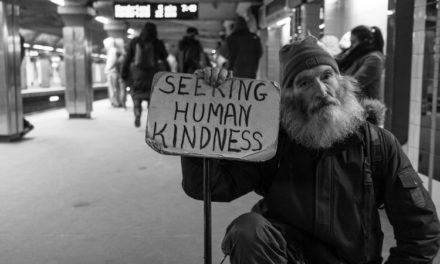We’ve been through so much over the last year, full-spectrum reorganization and the loss of our familiar reference points. A wearing away of the axis around which we’ve been spinning and orienting – personally, culturally, and collectively.
Not only external, but internal quarantine, where so much of what we thought we knew about ourselves, who we are and what matters most to us, what we’re doing here, and where we’re headed… has been called into question, dismantled, and fallen apart.
Who I am and the way things were supposed to unfold: the person who was supposed to be by my side, the work I was supposed to do, the body that was supposed to be healthy, a psyche where there was never going to be any restlessness, depression, loneliness, or anxiety.
It’s important to slow down, fall to the earth and the mud and the womb, to hold the broken pieces near, and to grieve. To mourn not only the loss of health and life, but also the dream of the way we thought it was all going to turn out.
The rebirth part of the death-rebirth cycle is embodied by way of our willingness and capacity to grieve. The portal to new life opens through conscious, embodied lamentation, to gather the shards of the heart and collect them in a holy vase.
And open to the possibility that this process of “falling apart” is not some great cosmic error or mistake we need to correct or repair, but an emissary of the archetype of wholeness, as we open to rebirth and what it is that will emerge from the ashes of dissolution.
It is love, of course, that will guide the reorganization and its unfolding. But it is love, too, that is the substance of the ashes, and also of the tears, the tears of grief and the tears of joy… the tears of the earth herself.


Matt Licata’s new book is A Healing Space: Befriending Ourselves in Difficult Times.






